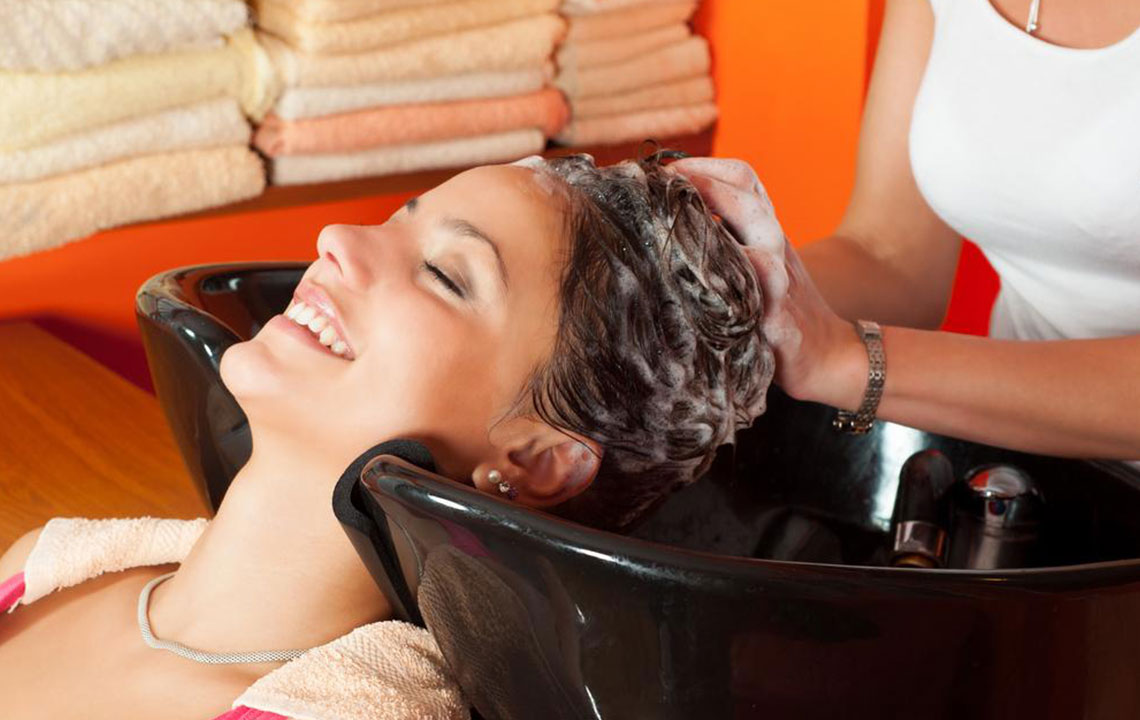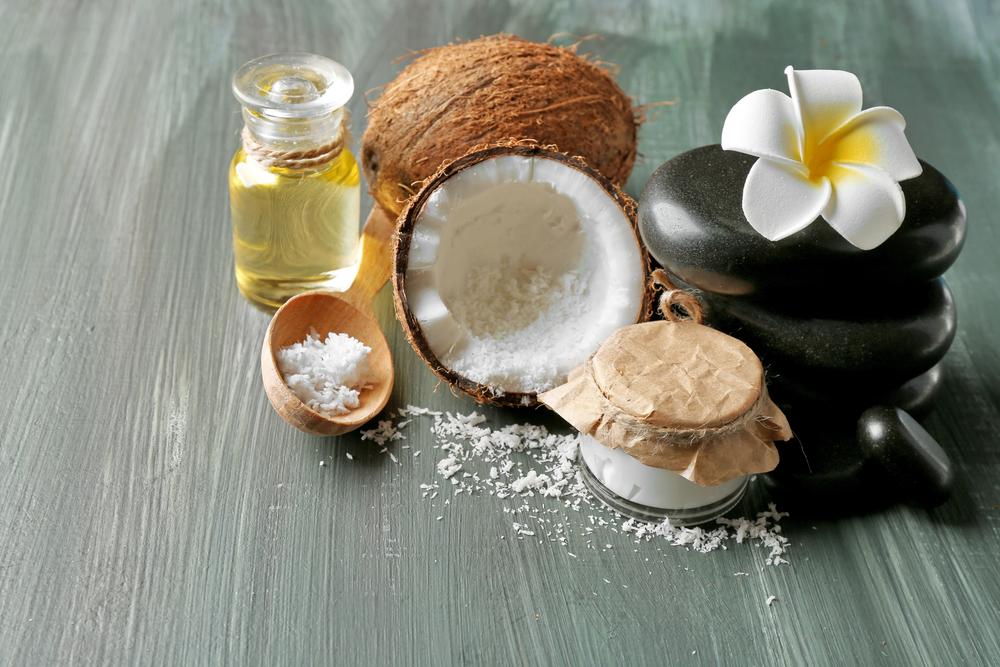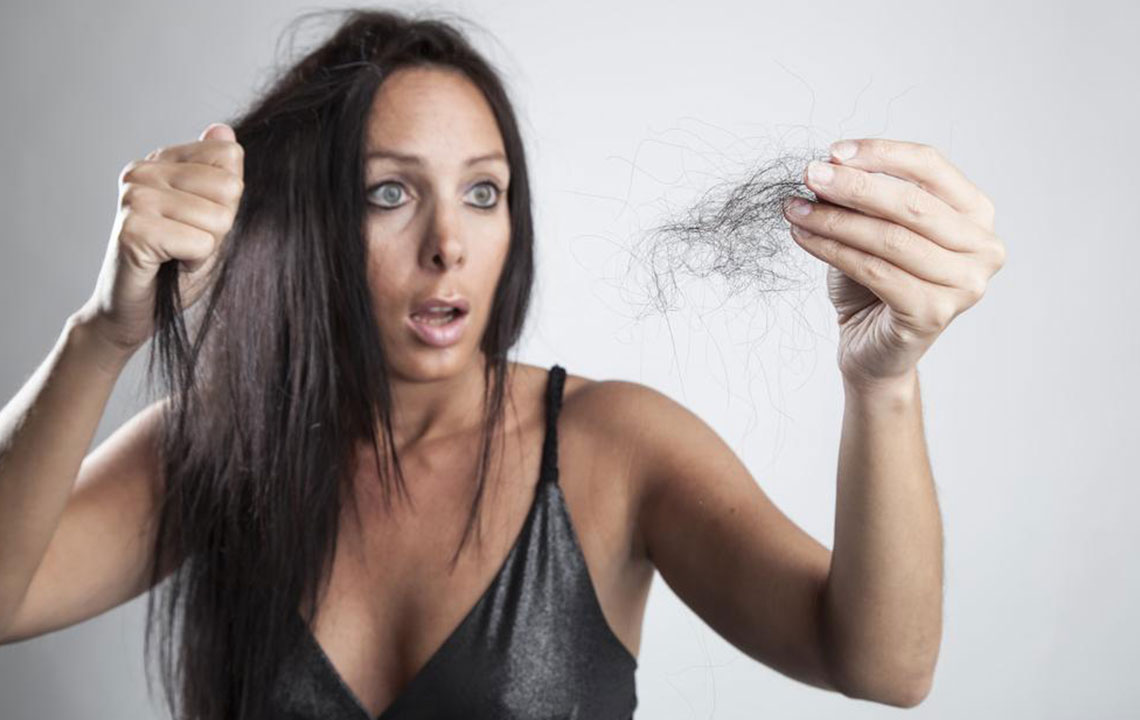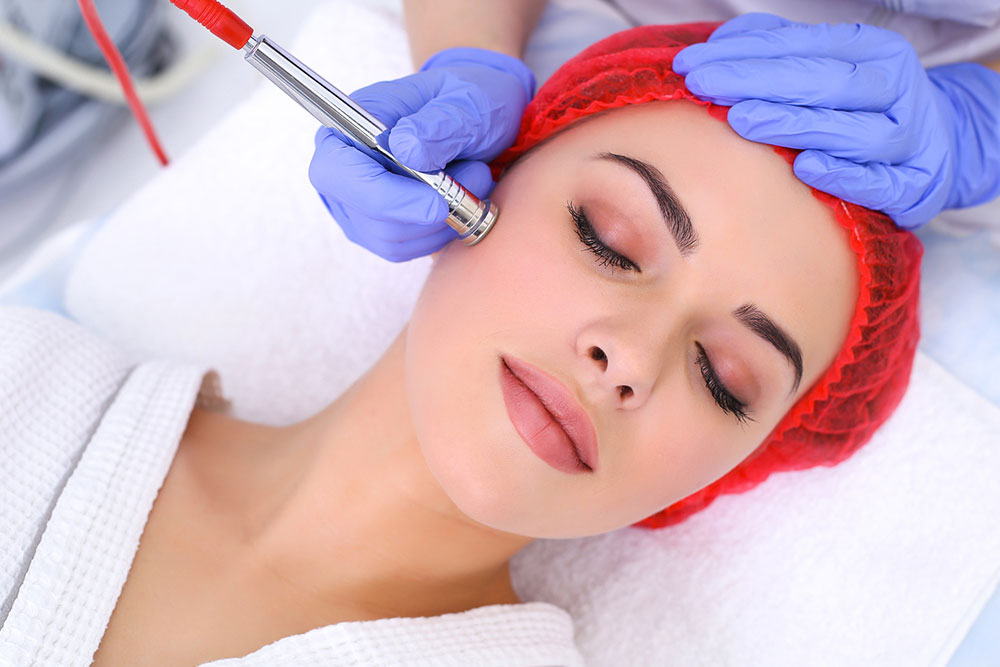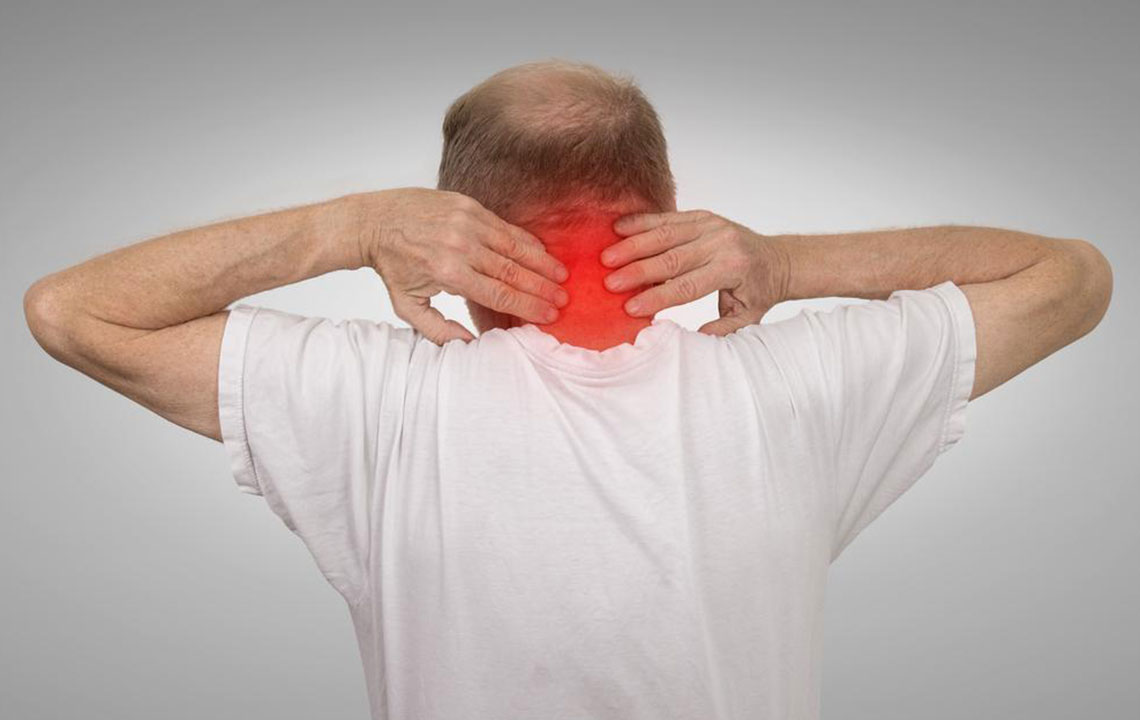Comprehensive Approaches to Managing Hair Loss in Menopausal Women
Discover comprehensive, effective strategies to combat hair loss during menopause. From scalp massage techniques and nutritious diets to topical treatments and laser therapy, learn how women can manage thinning hair confidently. These proven methods help slow hair loss, promote growth, and restore hair health, ensuring women retain their confidence through this natural life stage.

Comprehensive Approaches to Managing Hair Loss in Menopausal Women
Menopause is a significant phase in a woman's life marked by the cessation of menstrual cycles and profound hormonal changes, particularly a decline in estrogen and progesterone levels. These hormonal shifts frequently lead to various physical symptoms, with hair thinning and hair loss being among the most distressing concerns for many women. This hair loss often manifests as a pattern similar to female-pattern baldness, characterized by thinning on the crown and overall reduction in hair volume. Fortunately, there are multiple effective strategies and treatments available that can help women manage and mitigate hair loss during menopause, restoring confidence and enhancing overall hair health.
Scalp Massage Techniques with Natural Oils
Massaging the scalp regularly with nourishing hair oils—such as castor oil, coconut oil, or argan oil—can significantly stimulate hair follicles. The gentle massage increases blood circulation to the scalp, promoting nutrient delivery and waste removal, thereby encouraging healthier hair growth. Using warm oil and performing scalp massages for at least 10 minutes daily can activate dormant hair follicles, improving density over time. This simple, cost-effective technique is accessible and easy to incorporate into daily routines, offering noticeable improvements with consistent practice.
Maintaining a balanced, nutrient-rich diet is crucial for supporting hair health during menopause. Emphasis should be on consuming adequate amounts of high-quality proteins such as lean meats, eggs, dairy, legumes, and nuts, as hair is primarily composed of keratin, a protein. Additionally, including plenty of colorful fruits, vegetables, and leafy greens supplies essential vitamins and minerals like biotin, vitamin D, iron, zinc, and antioxidants, which are vital for hair growth and repair. Proper nutrition not only helps slow hair thinning but also alleviates other menopausal symptoms such as fatigue and mood swings, contributing to overall well-being. Consulting with a nutritionist can help tailor dietary plans suited to individual needs.
Dietary Supplements for Hair Strengthening
Supplements such as biotin, omega-3 fatty acids, and folic acid have been shown to promote hair strength and resilience. Biotin, a B-vitamin, enhances keratin infrastructure, leading to stronger, shinier hair. Omega-3s improve scalp health by reducing inflammation and dryness. Folic acid aids in cellular regeneration, supporting healthy hair growth. However, it is essential that women consult their healthcare providers before beginning any supplementation regimen to determine appropriate dosages and avoid potential interactions with other medications or health conditions.
Using specialized shampoos formulated for thinning hair can make a visible difference. Many of these products contain ingredients such as biotin, keratin, caffeine, or botanical extracts that add volume, strengthen existing hair, and may stimulate new growth. These shampoos work by extending the active growth phase of hair cycles (anagen phase) and reducing hair shedding. Regularly using anti-thinning shampoos, combined with gentle handling and avoiding harsh chemical treatments, can improve overall hair density and health over time. For best results, select shampoos suitable for your hair type and consider consulting a dermatologist for personalized recommendations.
Topical Medications: Minoxidil
Minoxidil is the only FDA-approved topical solution for treating hair loss. When applied directly to the scalp, it can stimulate hair follicles and promote regrowth, especially in early stages of thinning. Women typically see results within 2 to 4 months of consistent use. It's important to follow the instructions carefully and consult a healthcare professional before starting treatment. Side effects are generally mild but can include scalp irritation or unwanted hair growth in adjacent areas, so professional guidance is recommended to ensure safe and effective use.
Emerging therapies such as low-level laser therapy (LLLT) have gained popularity for promoting hair regeneration. Laser treatments stimulate dormant hair follicles by increasing blood flow and cellular activity, thereby encouraging hair growth. Home laser devices are available for convenience, but clinical treatments administered by professionals often achieve superior results. Discussing laser therapy options with a dermatologist can help determine suitability based on individual hair loss patterns and overall health.
While hair loss during menopause can be distressing, understanding that it is common and manageable is empowering. Alongside medical and topical treatments, lifestyle modifications—such as managing stress through mindfulness practices, regular physical activity, and ensuring adequate sleep—play a vital role in maintaining healthy hair. Avoiding excessive heat styling, harsh chemical treatments, and tight hairstyles can prevent further damage. With a comprehensive approach combining these strategies, women can effectively navigate menopause-related hair thinning and regain their confidence, enjoying healthier, fuller hair in their later years.
